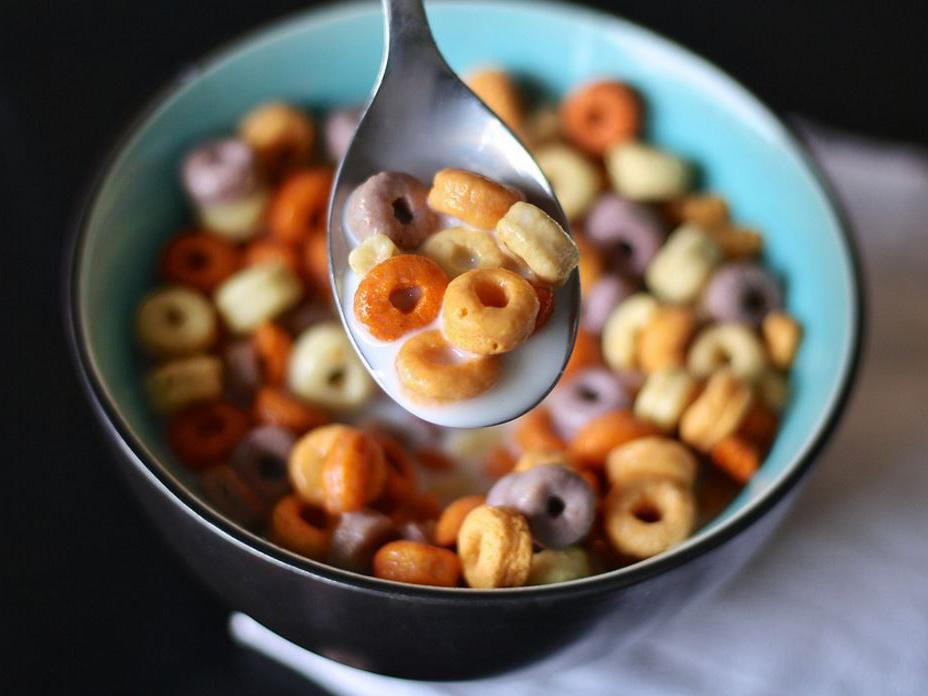Children’s characters to be banned from unhealthy food packaging in Netherlands
Dutch food industry voluntarily pledges to stop targeting children

Your support helps us to tell the story
From reproductive rights to climate change to Big Tech, The Independent is on the ground when the story is developing. Whether it's investigating the financials of Elon Musk's pro-Trump PAC or producing our latest documentary, 'The A Word', which shines a light on the American women fighting for reproductive rights, we know how important it is to parse out the facts from the messaging.
At such a critical moment in US history, we need reporters on the ground. Your donation allows us to keep sending journalists to speak to both sides of the story.
The Independent is trusted by Americans across the entire political spectrum. And unlike many other quality news outlets, we choose not to lock Americans out of our reporting and analysis with paywalls. We believe quality journalism should be available to everyone, paid for by those who can afford it.
Your support makes all the difference.The Dutch food industry has voluntarily decided to remove popular children’s characters from the packaging of unhealthy foods in a bid to curb obesity.
The decision, which is the first of its kind in Europe, will mean characters including Dora the Explorer, Disney’s Frozen heroines and Miffy the rabbit, are to be banished from food and drinks high in fat, salt or sugar which are targeted at children.
The Dutch Food Industry Federation (FNLI) made the voluntary announcement to “restrict media characters” as part of a drive to reduce the level of food advertising directly aimed at children and promote healthier lifestyles.
Dutch newspaper De Telegraaf said: “These products are placed on shelves at children’s eye level and are often unhealthy, containing too much salt, sugar or fats.”
The FNLI said: “FNLI continues to emphasise that obesity is a problem ... A complex problem that can only be overcome through the use of measures and interventions on a broad front, aimed at increasing knowledge about nutrition, a healthy diet and more exercise.”
The Dutch government has welcomed the move.
“The Ministry of Health in the Netherlands policy supports this approach fully,” the department said. “The industry therefore remains resolutely committed to programs like JOGG, food education, healthy sports and school canteens, etc. but also for the promotion of literacy in order to identify good commercial manifestations.”
The decision in the Netherlands follows a UK ban on advertising unhealthy foods to children in the media, including on the internet.
The Independent contacted the UK’s Food and Drink Federation (FDF) about the Dutch food industry’s decision.
An FDF spokesperson said: “Food and drink manufacturers recognise the responsibility they have in helping to tackle the obesity crisis that many countries across the world currently face. Different countries are looking at what impact different activities may have and are working towards solutions.
“Here in the UK for example the Food and Drink Federation fully supports the landmark move by the Committee of Advertising Practise (CAP) this week, which will end the advertising of foods and drinks high in fat, sugar or salt (HFSS) in media targeted at children, including online. Last year, we announced our backing for these major changes, based on our belief that non-broadcasting advertising rules should be in line with the strict rules already in place for TV.”
Asked directly whether the FDF would support a similar ban on media characters use on packaging, the organisation said: “We don’t have a position on this directly”.
Join our commenting forum
Join thought-provoking conversations, follow other Independent readers and see their replies
Comments